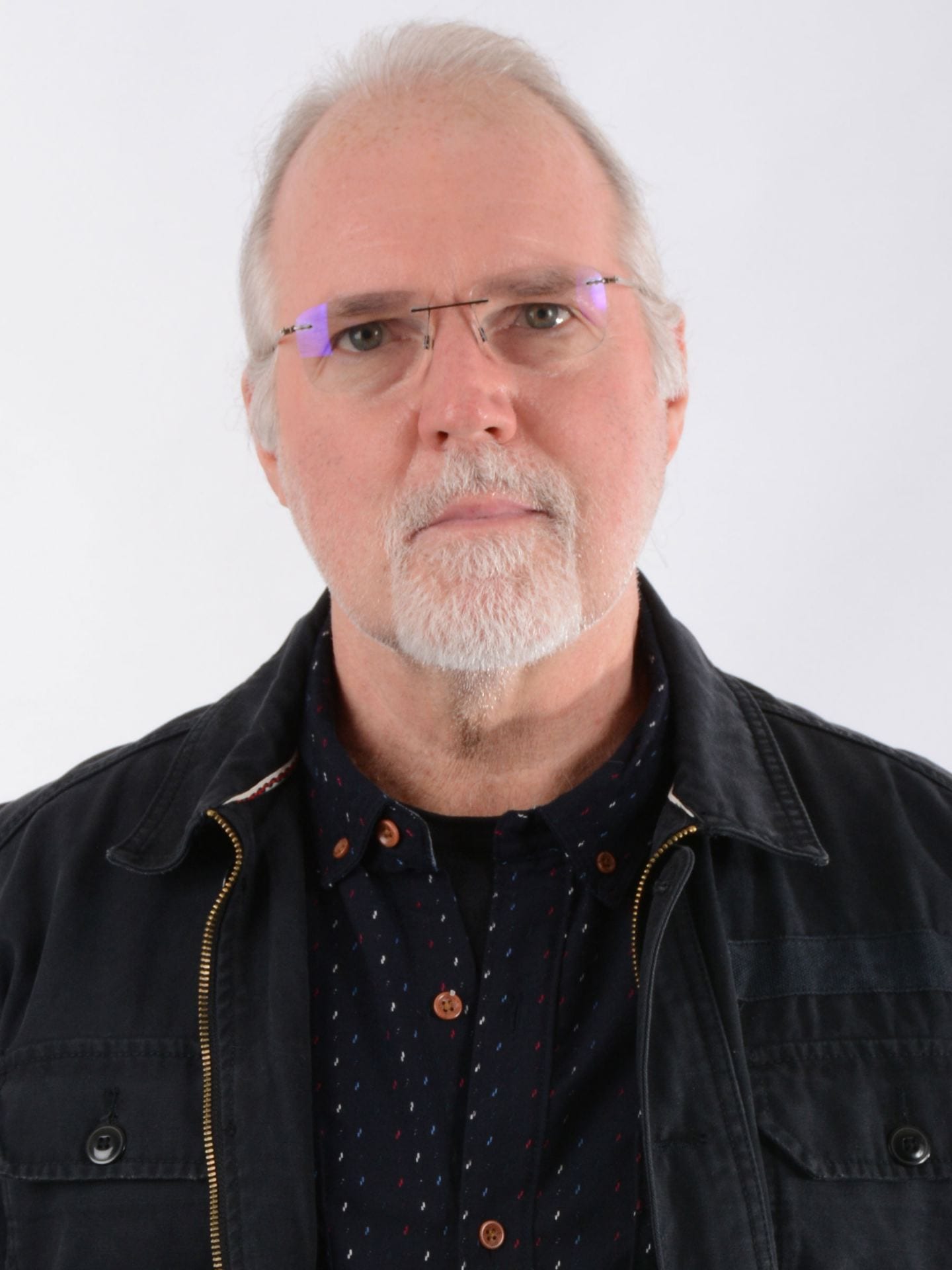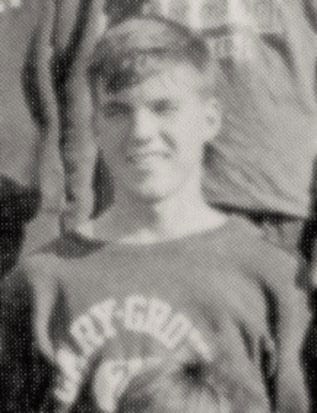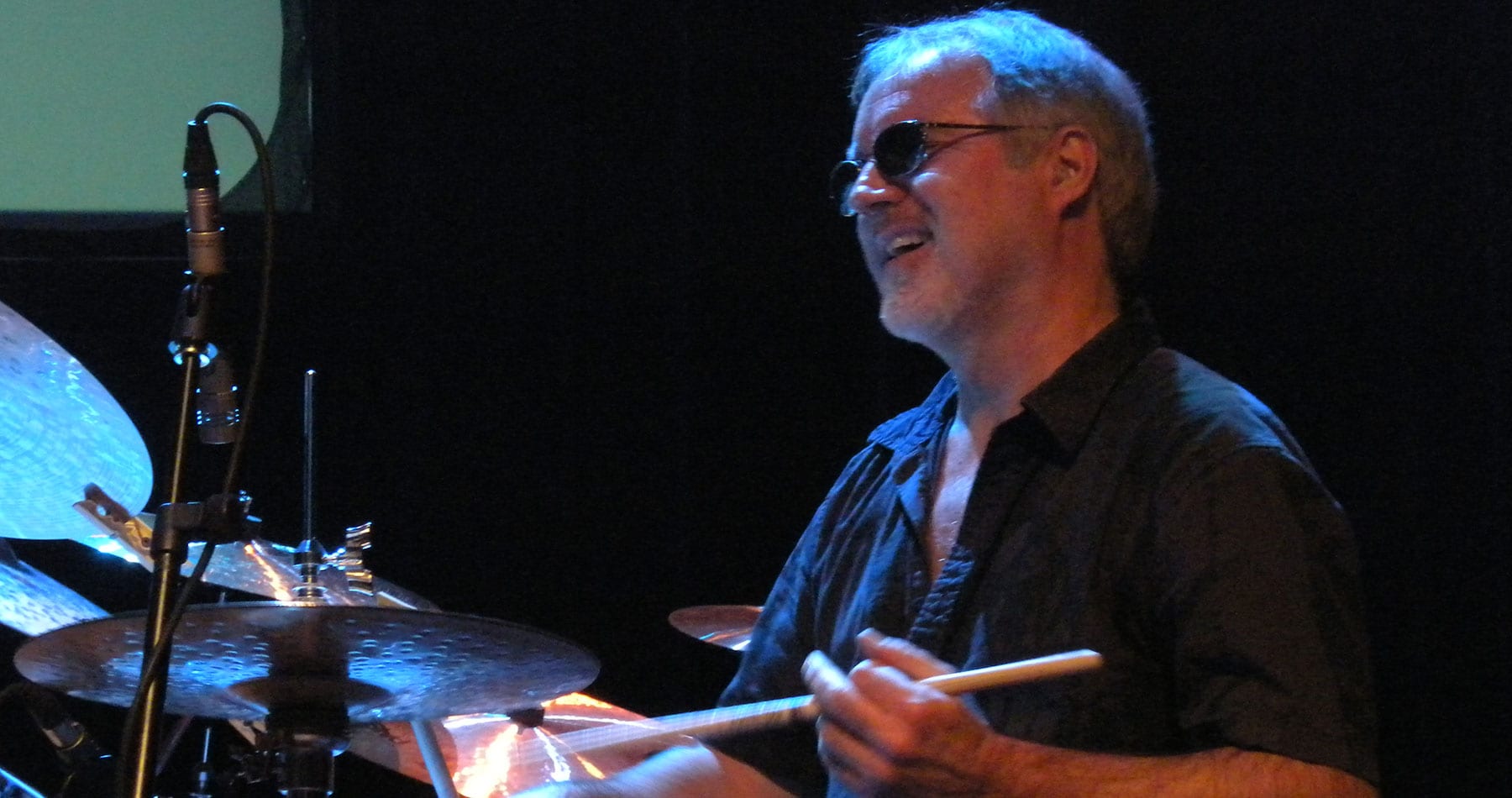The Power of Music to Help Change the World (and Me!)
Faculty essayby Paul Wertico,
CCPA Associate Professor of Jazz
Wow — it’s sometimes hard to fathom that the year 1968 was half a century ago and at a time when, comparatively speaking, life seemed relatively simple to life as we know it today.

Not that everything was “perfect” back then by any means, and it certainly was a time that had its own major problems and issues, but as a young man who loved and was deeply moved and motivated by music, it was also a time when music was going through new and exciting changes that reflected a changing world.
As an avid listener, I’d routinely hear songs on the radio that I liked (either by an artist I knew, or one who was new), and I’d eventually sing along with those songs pretty much whenever I heard them. The lyrics were sometimes audible and distinguishable, and other times only some of them were, in which case I made up the rest of the “lyrics” with whatever words or syllables I felt like singing. Although a song’s sound, groove, harmony and melody were also important to me, singing along with the song was often so much fun that sometimes the “fun part” actually masked the song’s intended meaning; or in certain cases, my life’s experiences and worldly knowledge hadn’t evolved yet to the point where I was able to truly decipher the actual meaning and message of the songs.
When I reflect now on what my life was like as a 15-year-old back in 1968, it makes me realize how much of those songs I actually “heard” and how much I actually “missed.”
Growing up as a white teenager living in the predominantly white suburb of Cary, Illinois, my life was quite different from the various situations and living conditions described in the lyrics of certain songs I listened to. Even though the radio programmers were no doubt primarily interested in whatever songs would appeal to their station’s listeners (and therefore bring in money and advertisers to those stations), knowingly or unknowingly, they also performed a service to the community and to young people like myself by spreading the word and enlightening listeners through certain songs’ insightful and even profound lyrics that portrayed the outside world as a much bigger — and in many cases “badder” — place than my bedroom, my parent’s car, or wherever a radio was playing.
“When I reflect now on what my life was like as a 15-year-old back in 1968, it makes me realize how much of those songs I actually ‘heard’ and how much I actually ‘missed.’”
– Paul Wertico
CCPA Associate Professor of Jazz

Paul Wertico in 1968
In fact, throughout history, music has often served as an important source of information and as a type of “newspaper” to those who did not have a “voice” (e.g., early blues music and the communities they represented), as well as a way to reach out and get the word to those who may not be interested in, or have access to, reading, listening or watching traditional news media sources. It was through some of these songs that I began to grasp the fact that the world I lived in was relatively safe, and in many respects, privileged, compared to circumstances and living conditions experienced by people in other countries, cities, communities and cultures in the rest of the world.
Although a lot of the popular music of 1968 included love songs, light-listening novelty songs, and bubblegum Top 100 hits like John Fred & His Playboy Band’s “Judy In Disguise”; The 1910 Fruitgum Company’s “1,2,3 Red Light”; and The Ohio Express’ “Yummy, Yummy, Yummy”; there were also deeper and more meaningful songs about changing the world, protesting an unjust war and demanding equal rights for minorities, such as James Brown’s “Say It Loud – I’m Black and I’m Proud”; The Rascals’ “People Got To Be Free”; and The Beatles’ ”Revolution.” Those were the songs that really touched me and made me realize that, yes, the world was much bigger, and indeed sometimes “badder,” than my comfortable little world in Cary.
It was also through listening to those types of songs which contained deeper meanings and messages that I began to want to explore who I was outside of my safe space and be part of a new and changing world (and even to help make it a better place, if possible). As a result, my listening habits, as well as those of a number of my friends, invariably expanded to music my parents didn’t necessarily listen to, or in some cases, even like. The majority of those insightful and meaningful songs which contained an important message were often recorded either by young African Americans or by young white artists who did not look or act anything like the classic crooners of the big band days, and therefore were at odds with who and what many older white folks had grown up with.
“As I still strive to do my best to keep growing as a human being and live a responsible, yet creative life … I can honestly say that many of my life’s views, goals and accomplishments have been a result of the music I listened to back then.”
– Paul Wertico
CCPA Associate Professor of Jazz
Although my parents were fortunately not bigots or racists by any means, all of their friends and neighbors were white, so black people were not in their immediate social circle. Add to that the fact that teenagers like myself were now growing long hair, wearing “hippie-style” clothes and questioning authority, and you had a potentially frightening scenario for many older and middle-aged white folks who were “used to what they were used to.” That quickly changing world could oftentimes be quite upsetting to those “regular folks” in its general unfamiliarity and basic “otherness.” (Unfortunately, some things are slow to change over time, even with the help of music!)
Fast-forward 50 years later, as I still strive to do my best to keep growing as a human being and live a responsible, yet creative life (while also now sharing the planet with twice the number of people and countless things that didn’t even exist in 1968), and I can honestly say that many of my life’s views, goals and accomplishments have been a result of the music I listened to back then (and not just from 1968, but from the mid-to-late 1960s in general). In so many respects, that music made me the musician I am, the husband and father I am, and the teacher I am. Even to this day, when I listen to some of those songs, I can examine and reflect on who I was back then, and who I am now, by what those songs meant and mean to me, and how the deeper messages of those songs have revealed themselves and influenced me over time as I’ve lived 50 more years of my life on this planet.

Paul Wertico, CCPA Associate Professor of Jazz
Consequently, even as a 65-year-old musician, I still love making music that pushes boundaries and challenges norms (and hopefully inspires my audience to grow by listening to it), and that has been inspired by a vast array of songs, artists and musical styles from races, cultures, ethnicities and events around the globe. As a husband and father, I’m committed to always giving my wife and daughter love, respect, freedom and support. And as a teacher, I’ve designed classes at Roosevelt, such as Exploring the Blues, Rock Music — Its Role In Society, and Social Justice Through Sound, in the desire to give my students a more enlightened background on how music through the decades has made an enormous and crucial impact on our culture. Thus, I can give them an insightful and more in-depth picture of what really goes into a song besides just its sound, popularity, and how the artists are presented and marketed. (By the way, I also still have long hair, prefer to dress casually, and am against unjust wars and policies, so like I said, some things are slow to change!)
Therefore, it is in fact true that life is a journey and music is indeed the soundtrack of our lives, but one whose meanings can continue to change and evolve over time as we ourselves change and (hopefully) evolve. I believe that is one of the greatest reasons why music truly is magic and an art form crucial in serving humanity.
More in this section
Teaching Music Teachers
Music educators form powerful bonds with their students in ways few others do. Over the years, Roosevelt graduates have touched the lives of music students across the state and country.
Where RU? Spring 2021
Roosevelt alumni make their mark, in the city of Chicago and around the world.


